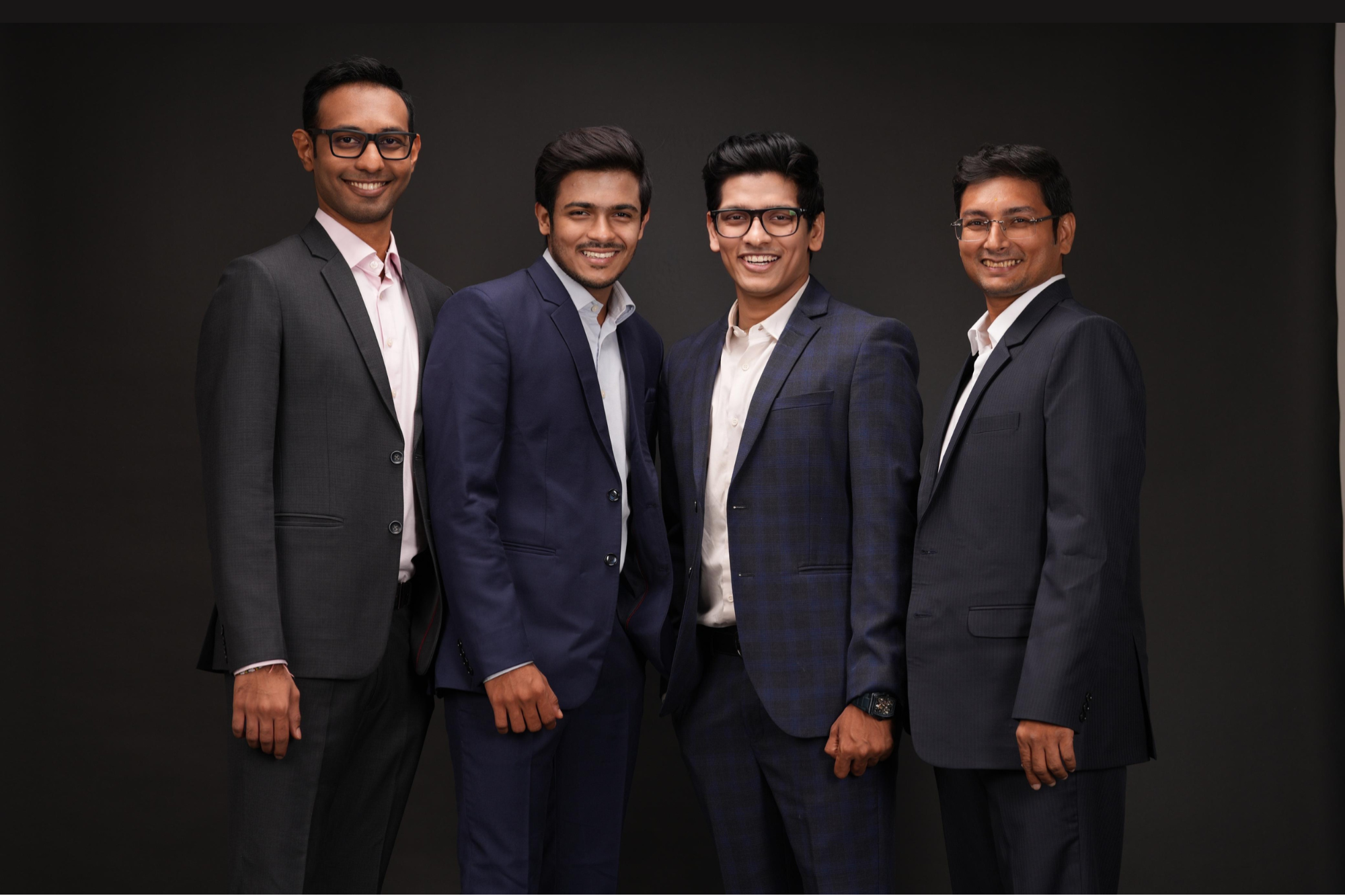International Entrepreneurs Day: What Founders Need to do to Catch the Deep-Tech Bus Industry leaders highlight what it will take for Indian startups to build deep-tech ventures that can compete globally
Opinions expressed by Entrepreneur contributors are their own.
You're reading Entrepreneur India, an international franchise of Entrepreneur Media.

India is the third-largest startup ecosystem in the world as it is home to more than 1.59 lakh startups including over 100 unicorns. There's much to be proud about the country's entrepreneurship spirit. Even as fintech, quick commerce and D2C sectors have largely hogged the limelight and interest from VCs, the deep-tech space remains a big miss.
Not long ago, Union Minister Piyush Goyal reminded us of the disparity between India's startup sector and China's. He said while the Indian startup ecosystem focused on quick commerce, food delivery and betting and fantasy sports, China was developing EV & battery tech, semiconductors & AI, robotics, automation and deep tech infrastructure.
The minister's scathing remarks did spark a wide discussion about India's ability to scale its deep-tech space that competes at a global level. On this Entrepreneurs Day, we try to decode why India has remained behind, and what could be the possible next steps to turn things around.
Developing the DNA
Krishna Rangasayee, founder and CEO of SiMa.ai, believes India's biggest challenge is developing the DNA for deep tech and achieving global product-market fit.
"India needs to double down on understanding markets. Figuring out what to build, and how to get access to customers, is critical," he says. "Take fintech as an example, the mobile payments infrastructure in India is world-class, far ahead of most countries. Even the fruit seller on the roadside accepts digital payments. That shows India can build ahead of the world."
But deep tech tells a different story. "India must strengthen the DNA to build products that are ahead of everybody else. With LLMs, for example, many Indian startups are experimenting. But if you double-click and ask, 'What are you doing that nobody else can do?' That's a hard question to answer. Doing something ahead of the curve requires deep technology insight, deep market insight, and the ability to merge the two."
On why Silicon Valley continues to lead, Rangasayee explains, "In the Valley, you find deeper bench strength and a stronger foundation. It's not just about hiring engineers or putting together a business team. Building something truly differentiated is not easy. You need founders with full-stack capabilities — biz-tech-savvy people with rich experience. That founder's DNA will take time to develop in India, but 10 years from now, I believe it will be the norm."
Seizing the right opportunity
Deepak Pathak, co-founder of Skild AI, emphasises that entrepreneurs eyeing robotics need to narrow their focus. "Robotics technology is moving towards a state where systems work really well, but applications will always be specific," he says.
While companies like OpenAI built general models, those that found real traction built specialised applications."For instance, Harvey focuses on legal use cases, while Cursor specialises in coding assistance. Cursor alone has grown into a USD 15 billion company within a year. The same will happen in robotics. The real opportunity lies with founders who can move at the right moment, neither too early nor too late, and go deep into one specialised application."
On the sector's sheer potential, Pathak adds, "Unlike LLMs, which may have five big verticals like medical, legal, marketing, presentations, and coding, robotics has millions of potential applications. Even if you go deep into just one, it's a huge opportunity to build a big company."
"One of the biggest bottlenecks for Indian entrepreneurs has always been lack of resources. With AI, especially agentic AI businesses, that barrier is rapidly disappearing. Today, you can build globally competitive services with very little capital, export those services, and bring that income back to India. This not only fuels consumption but also creates new employment opportunities. For the first time, many young entrepreneurs who always had the potential but not the resources can now directly contribute to India's economic growth," shares Raghav Gupta, Founder, Futurense.











